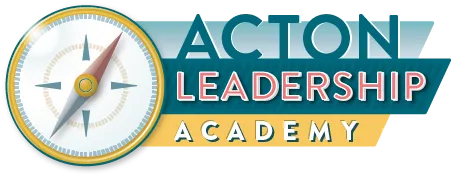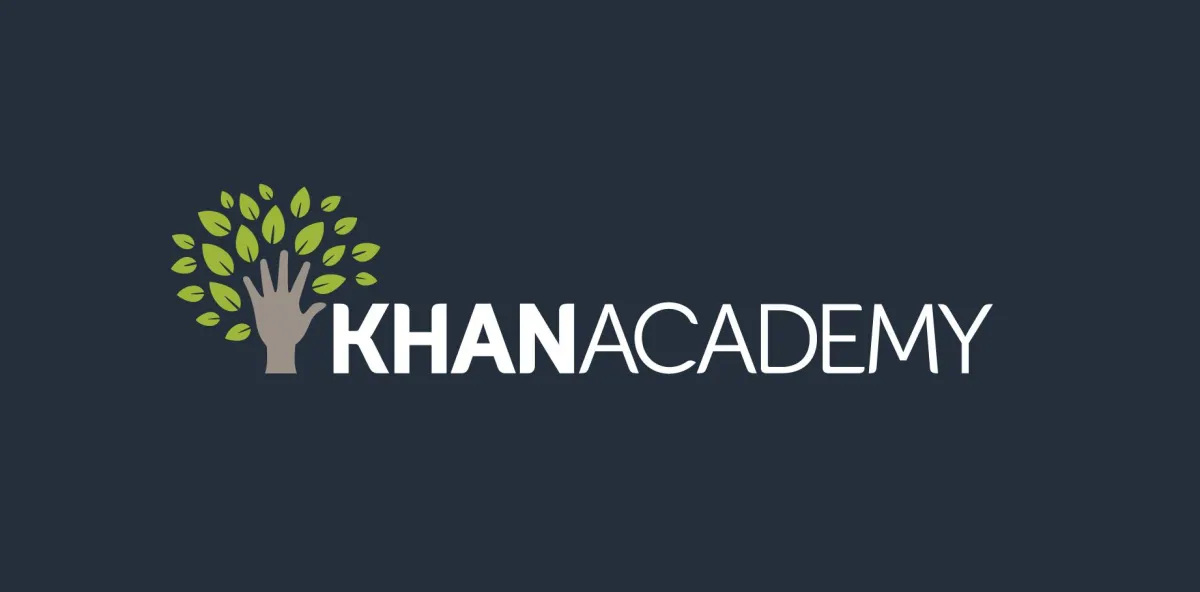
Large Call to Action Headline
Acton Leadership Academy
HOW DO HEROES AT
ACTON
LEARN MATH?
Rethinking Math:
How Learners at Acton Leadership Academy
Develop Problem-Solving Skills
What About Math?
How does Acton Academy teach writing? This question gets to the heart of how learning at Acton is different from traditional education. Writing at Acton isn’t just about grammar and grades—it’s about fostering a love for writing, developing strong communication skills, and engaging in a process that builds confidence and creativity.
If you’ve ever chosen a non-traditional education path for your child, you’ve likely faced questions from concerned friends and family. And let’s be honest—math is often the biggest concern. "How will they learn math without a teacher standing in front of them?" It’s a fair question, and at Acton Leadership Academy, we take a unique, highly effective approach to developing mathematical thinking.
The Purpose of Math: More Than Just Numbers
Many of us grew up believing math was about computation—memorizing formulas, solving for X, and grinding through worksheets. But at its core, math is about
problem-solving and critical thinking. It’s about taking abstract concepts and making sense of them in the real world. And that’s exactly how we approach it at Acton.
From Tactile to Abstract: The Montessori Approach
For our youngest learners in the Discovery Studio (ages 4-8), math starts with hands-on,
tactile learning. Using Montessori materials like counting beads and manipulatives, learners develop an intuitive understanding of numbers and mathematical relationships. Instead of memorizing abstract concepts, they physically see and experience math in action. This deep foundation allows them to progress naturally into more complex ideas—often reaching division and multi-digit calculations in their heads before they turn nine!
Mastery-Based Learning: Moving at Their Own Pace
One of the biggest advantages of the Acton approach is that every learner works at their
own challenge level. Instead of being tied to a grade level, they focus on mastery. Whether a learner needs to start at a second-grade level or is ready for advanced algebra in elementary school, they are empowered to move forward at the pace that is right for them. This removes unnecessary pressure, fosters confidence, and leads to deeper understanding.
The Role of Technology in Math Mastery
Once learners transition out of the Montessori approach, they use some of the best online math programs available. In elementary school, we primarily use Beast Academy, a program designed to develop deep problem-solving skills through engaging, comic-style lessons. In middle and high school, learners transition to Khan Academy, a widely respected platform that provides rigorous instruction while allowing for independent progression.
These programs offer instant feedback, helping learners identify mistakes, refine their thinking, and develop grit and perseverance—essential skills for success in any field. And if they get stuck? Peer mentorship and independent research play a huge role in their learning process, just like in the real world.
Beyond Computation: Teaching Real-World Mathematical Thinking
Mathematician Conrad Wolfram outlines four key components of math:
1- Identifying a problem and asking the right questions.
2- Framing the problem mathematically—turning real-world issues into solvable equations.
3- Computing an answer, whether by hand or using technology.
4- Verifying the solution to see if it actually solves the problem in the real world.
Most traditional math instruction focuses almost entirely on computation (Step 3), but true mathematical thinking requires all four steps. At Acton, we emphasize problem-solving and logical reasoning, not just memorization and computation. After all, we carry computers in our pockets—why waste precious learning hours on something a calculator can do?
The Real Impact: Learners Who Take Ownership of Math
A powerful shift happens when learners take charge of their own progress. Without a traditional teacher directing every lesson, they learn to ask better questions, seek out resources, and persist through challenges. In many cases, our learners complete an entire year’s worth of math
before January, simply because they’re motivated and engaged!
This approach not only prepares them for higher-level math but also instills a
lifelong love of learning and the confidence to tackle complex problems.
Final Thoughts: Math as a Tool for Leadership
If we shift our mindset and stop seeing math as mere computation, we unlock its true power: a tool for solving real-world problems. When learners are free to think mathematically, rather than just crunch numbers, they develop the critical thinking skills they need to become innovators, leaders, and problem-solvers.
So yes, math looks different at Acton Leadership Academy. But the results? Learners who are confident, capable, and prepared to take on any challenge life throws their way.
Want To Dive Deeper Before You Schedule?
